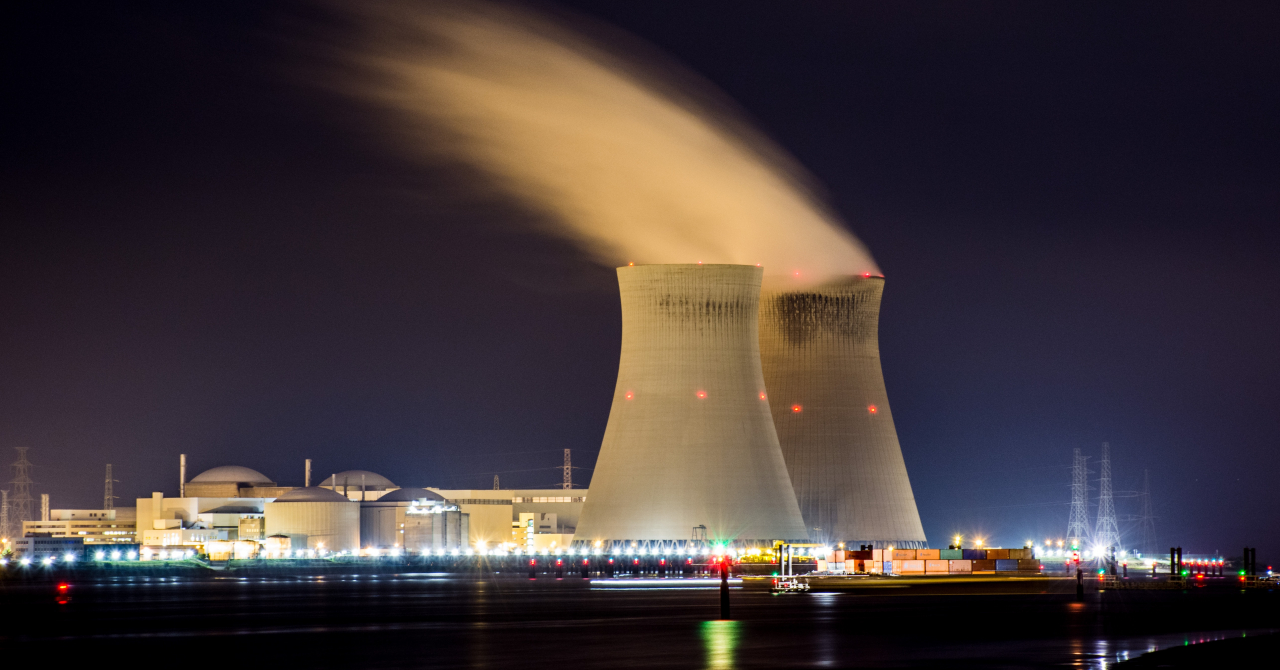According to MarketWatch, this is an approach that resonates with the United Nations and other big climatic groups that also encourage the wide adoption of wind and solar power.
Environmental organization CATF collected and analyzed the data and said that the purpose of these plans strengthens the importance of funding and advancing research, government support and international collaboration in order to help faster adoption of the new technologies.
While environmental groups generally don't agree with keeping fossil-fuels in energy mixes, CATF says that based on the increased energy demand, these technologies will be mandatory in order to limit economic shocks and limit global warming.
Both the Intergovernmental Panel on Climate Change (IPCC) and the International Energy Agency (IEA) said that traditional energy suppliers must factor in the addition of carbon capture and other technologies that would lower the impact of their activity.
Last year, the IEA called for a halt in new oil and gas investment in the near future.
With the 1.5 degree Celsius global warming limit in mind, the US and other developed nations have said that they aim to halve total emissions coming from all sectors by 2030 and reach net-zero by 2050.
Among the countries that plan to use carbon capture, nuclear and hydrogen energy as part of their climate solution, are Canada, China, the UK and the US.
Stacey Davis, director of climate, technology and innovation policy at CATF, said that there is a “significant appetite for advanced climate solutions, and should serve as a demand signal for funding decarbonization efforts around the world."
Carbon capture works by grabbing the emissions at the point of combustion and stores the resulted emissions underground, which can then be used in the development of other fuels, even green hydrogen.
While these technologies continue to draw interest and investment, fossil-fuel-based companies are more interested in adopting them, but they are not yet available for commercial use.
Another new technology that can help us reach our climate goals is nuclear fusion, and by some estimates, this technology is about a decade away from being ready for wide scale use.
“I’m hoping that the private sector will use this report as a way to signal where they could be developing these [carbon capture and other] technologies based on national interest, to innovate and to diffuse this technology globally in order to meet net-zero goals”, Davis explained.
Elon Musk is one of the leaders that invests money in carbon removing solutions, one of his latest initiatives being done in collaboration with XPRIZE.
 Mihai - Cristian Ioniță
Mihai - Cristian Ioniță












Any thoughts?